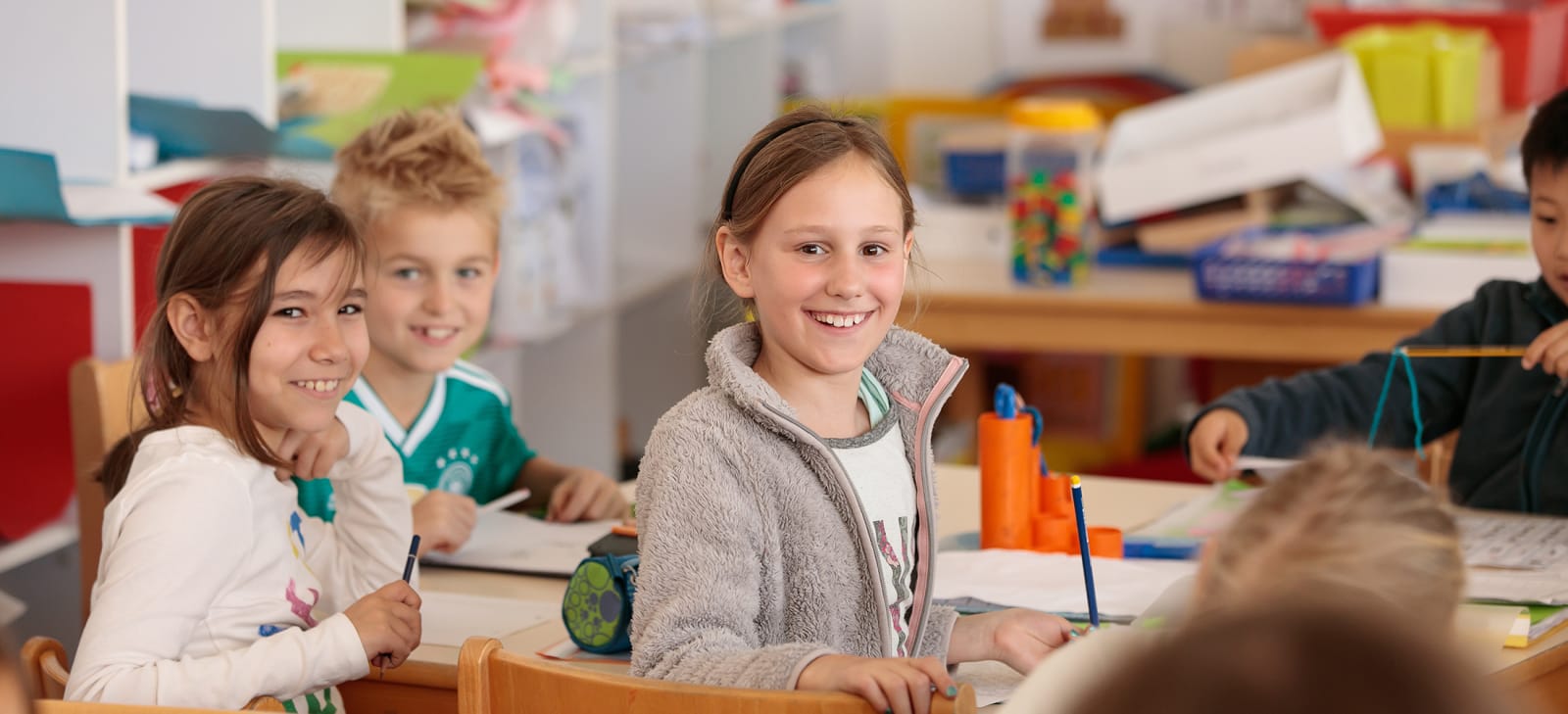5 questions to ask yourself when choosing an International School for your child

You have accepted a new and exciting role in a country where you may never have lived or worked before. Neither you nor your children speak the local language (yet), and you are looking for a school which will support your children’s ongoing education. Here are a few important questions to ask yourself when selecting such a school.
How does the school prepare my child for the next stages of their education?
The first consideration should be the expected length of your posting. Consider what, and when, the next steps may be for your family after this move. An international school must ensure that their programme prepares students for the next year, whether it be at the current school, a different school in the same city, a new posting in a new city or country or a return to your home country.
Ask the school leaders to articulate how this preparation is done. The discussion should include how the school will develop life skills with and in your child. They should be able to demonstrate how communication, social and emotional skills, personal organisation, and research skills are developed in each child. The school should be able to demonstrate how learning can be transferred from one school to the next and to the wider world.
It is wise to seek out schools who offer the International Baccalaureate (IB), one of the fastest growing educational programmes in the world. The common language, themes, and curriculum outcomes in IB schools make transitions between schools seamless for the learner.
Does the school offer a caring and supportive learning environment for my child?
Most schools are able to demonstrate academic excellence by producing scores that measure results. Schools can evaluate themselves against standardised norms and should be catering to the academic needs of individual learners. Whilst this is an important part of any school programme, even more important is how the school caters for the wellbeing of all students. This is more difficult to quantify, but great schools can clearly articulate how they support the wellbeing of every child.
When selecting a school, ask about the school’s counselling and psychological support. Find out if the school has a clearly developed wellbeing programme and how involved students are in the daily organisation of the school and their own learning. Students who are given agency and voice at school are more likely to engage with their own learning. For those schools that do have an articulated wellbeing programme, find out how this is embedded and lived in the school, as evidenced by interactions. The best way of gauging this is to visit the school; walk around and observe students and teachers and how they interact. There should be an observable respect between all members of the school community.
How does the school help my child learn the local language?
Find out if the school offers a comprehensive language learning programme that does the following: i) focuses on skill development in the language of instruction; ii) provides substantial time and resources towards language instruction in the local language; and iii) supports your child in developing their own home language(s) or first language.
If the school offers instruction in the local language as an additional language, ask: i) how many lessons a week does this happen; ii) how the children are tracked; and iii) in which ways your child will be able to interact in the local community. There should be a real commitment to language learning and the school should offer at least one language lesson a day.
Bilingual or not bilingual?
All too often international schools claim either to provide instruction in the local language or offer bilingual education but fail to really deliver either. In many cases, adding a new language of learning, with equal expectations to the child’s first language, initially results in slower or lower development in both languages.
While the ultimate goal of a bilingual programme is to enable students to equally operate proficiently in both languages, this cannot be assumed or forced when children first start learning the second language. Development of your child’s first language skills should continue as they develop and grow an understanding of and vocabulary in a second language, especially in the younger years.
Select a school that acknowledges the importance of skill development in your child’s first language, as a first priority, and then supplements and connects this with developing the second language. Be wary of schools promising early and easy bilingualism.
Does the school offer opportunities for familial connections?
Find out about community groups and parent involvement in the school community. More open schools often offer guided tours delivered by students and parents who are able to give an honest and open account of life at the school. As an expat parent, it will be important for you to connect to the community. This will allow you to better support your child in finding their own place in this new community, enabling your family to feel at home and settle as quickly as possible.
International School Basel proudly offers the International Baccalaureate Programme in all divisions and on all campuses. This year has seen our Junior School launch our new Dual Language Programme (German and English). We invite you to visit our website and school to find out more about why ISB should be your school of choice when moving to the Basel region.
Author Bio
Michelle Phillips is an international educator with a MEd in School Leadership and Management, working as Junior School Principal at the International School Basel. With a long experience in teaching and leadership at all levels of education, she now specialises in working with teams to develop data-driven programs that are student-outcome driven.
